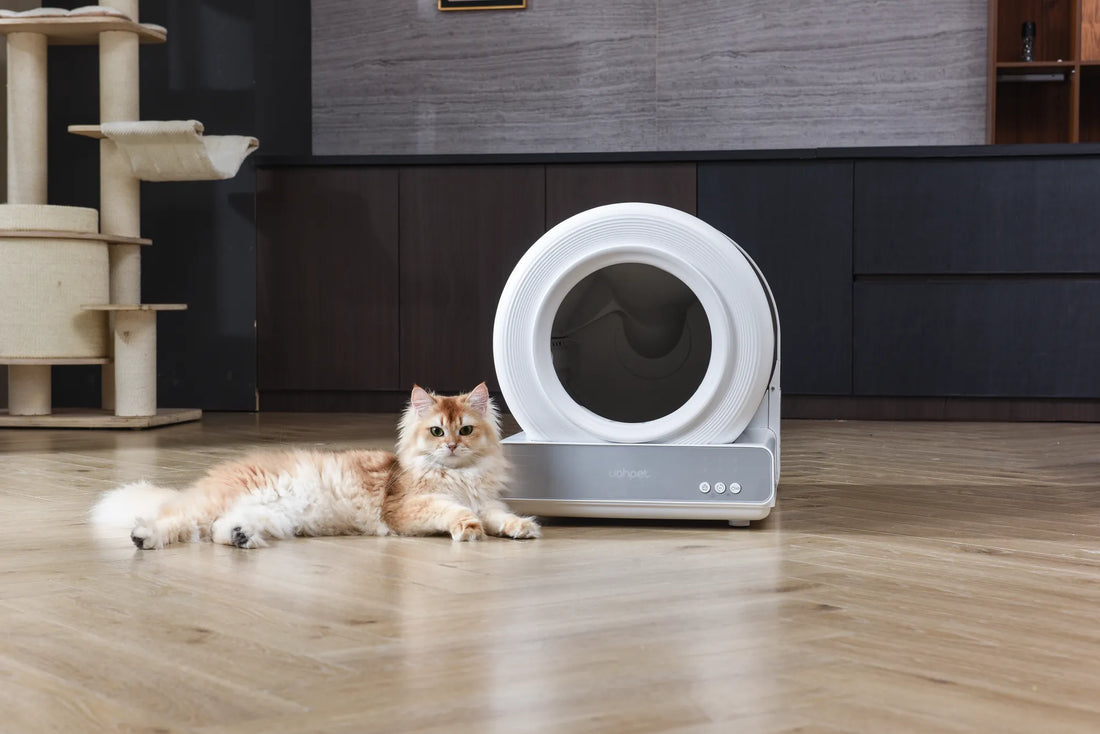If you've ever noticed your cat sitting in her litter box for extended periods, you might be wondering what's going on. While it can be concerning, this behavior isn't uncommon and can stem from various reasons. Understanding why your cat is doing this is the first step to addressing the issue and ensuring her well-being.
Possible Reasons Why Your Cat Is Sitting in Her Litter Box
There are several explanations for why your cat might be spending more time in her litter box than usual. Here are some of the most common reasons:
1. Medical Issues
Cats often retreat to their litter boxes when they're experiencing health problems. Conditions such as urinary tract infections, constipation, or kidney issues can make them feel the need to stay close to their litter box. If your cat is sitting in her litter box and showing signs of discomfort, it's essential to consult a veterinarian immediately.
2. Stress or Anxiety
Cats are sensitive creatures, and changes in their environment can cause stress or anxiety. Moving to a new home, introducing a new pet, or even rearranging furniture can make your cat feel insecure. Sitting in her litter box might be her way of seeking comfort in a familiar space.
3. Territorial Behavior
If you have multiple cats, one of them might be sitting in the litter box to assert dominance or mark territory. This behavior is more common in multi-cat households where resources like litter boxes are shared.
4. Litter Box Preferences
Sometimes, the issue might be as simple as your cat's preference for her litter box. If the box is clean, spacious, and in a quiet location, she might find it a comfortable spot to relax. However, if the litter box is dirty or in a high-traffic area, she might avoid it altogether.
How to Address This Behavior
Once you've identified the possible cause of your cat's behavior, you can take steps to address it. Here are some practical tips:
1. Visit the Vet
If you suspect a medical issue, schedule a visit to the veterinarian. Early diagnosis and treatment can prevent more serious health problems down the line.
2. Reduce Stress
Create a calm and secure environment for your cat. Provide hiding spots, vertical spaces, and plenty of enrichment to help her feel safe. If you've recently made changes to your home, give her time to adjust.
3. Provide Multiple Litter Boxes
In multi-cat households, ensure there are enough litter boxes for all your cats. The general rule is one litter box per cat, plus one extra. This can reduce competition and territorial behavior.
4. Maintain a Clean Litter Box
Regularly clean and maintain your cat's litter box. Cats are clean animals and may avoid a dirty box. Use a litter that your cat prefers and ensure the box is placed in a quiet, accessible location.
When to Seek Professional Help
If your cat continues to sit in her litter box despite your efforts, it might be time to seek professional help. A veterinarian or a feline behaviorist can provide tailored advice and solutions based on your cat's specific needs.
Understanding your cat's behavior is key to ensuring her happiness and health. By addressing the underlying causes and providing a supportive environment, you can help your feline friend feel more comfortable and secure. If you're ever in doubt, don't hesitate to reach out to a professional for guidance.













